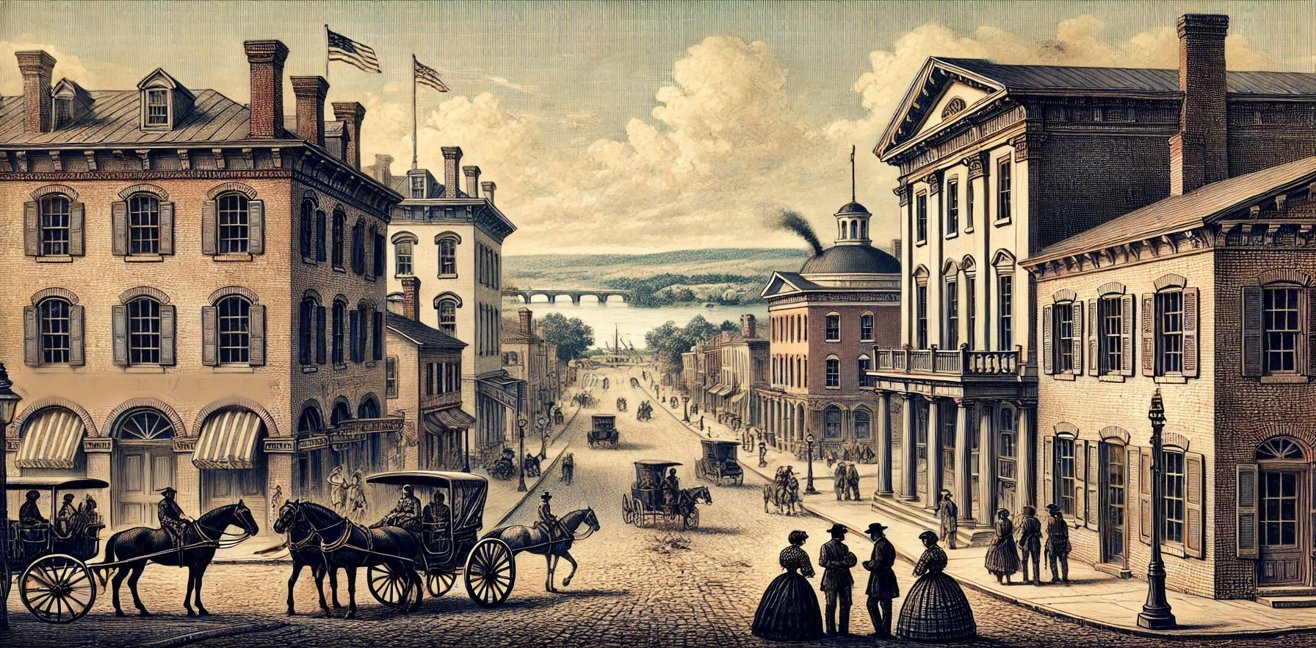The American Civil War was a period of conflict that deeply impacted the United States between 1861 and 1865. This war erupted due to a division caused by the economic, political, and social differences between the northern and southern states. The course of the war was significantly influenced by a decision made on May 8, 1861: the city of Richmond, Virginia, was declared the capital of the Confederate States of America (the South).
Strategic and Political Importance of Richmond
As the capital of Virginia, Richmond was at the heart of the American Civil War, both strategically and politically. The city’s location along the James River made it important for transportation and logistics. Additionally, the region’s wealth in industry and agriculture turned it into a central hub for the war’s supply and logistics efforts.
The Effects of the Selection of Richmond
The decision to make Richmond the capital of the Confederacy on May 8, 1861, had a profound impact on the course of the war. This decision strengthened the South’s political unity and influenced the strategic planning of the war. Richmond’s strategic location made it a critical point that needed to be defended against Northern attacks.
Effects on the Course of the War
The selection of Richmond as the Confederate capital was a pivotal move that changed the course of the war. Throughout the war, the city became the focal point of conflicts between the North and South, maintaining its strategic significance until the final stages of the war. However, in 1865, after successful attacks by the North, Richmond fell, signaling the approach of the end of the Civil War.
The selection of the capital during the American Civil War not only affected the war’s strategic and political dimensions but also deeply influenced its outcome. The choice of Richmond marked a critical turning point in the historical process of the war, and this crucial moment in American history continues to hold significance today.




